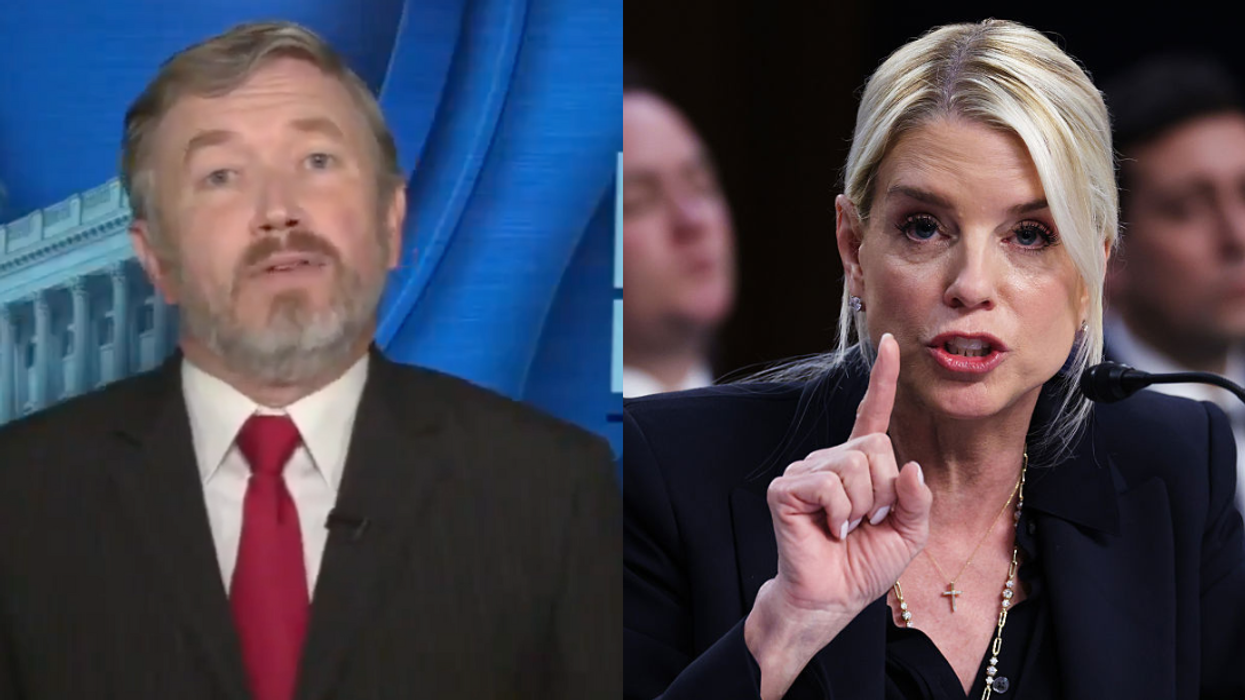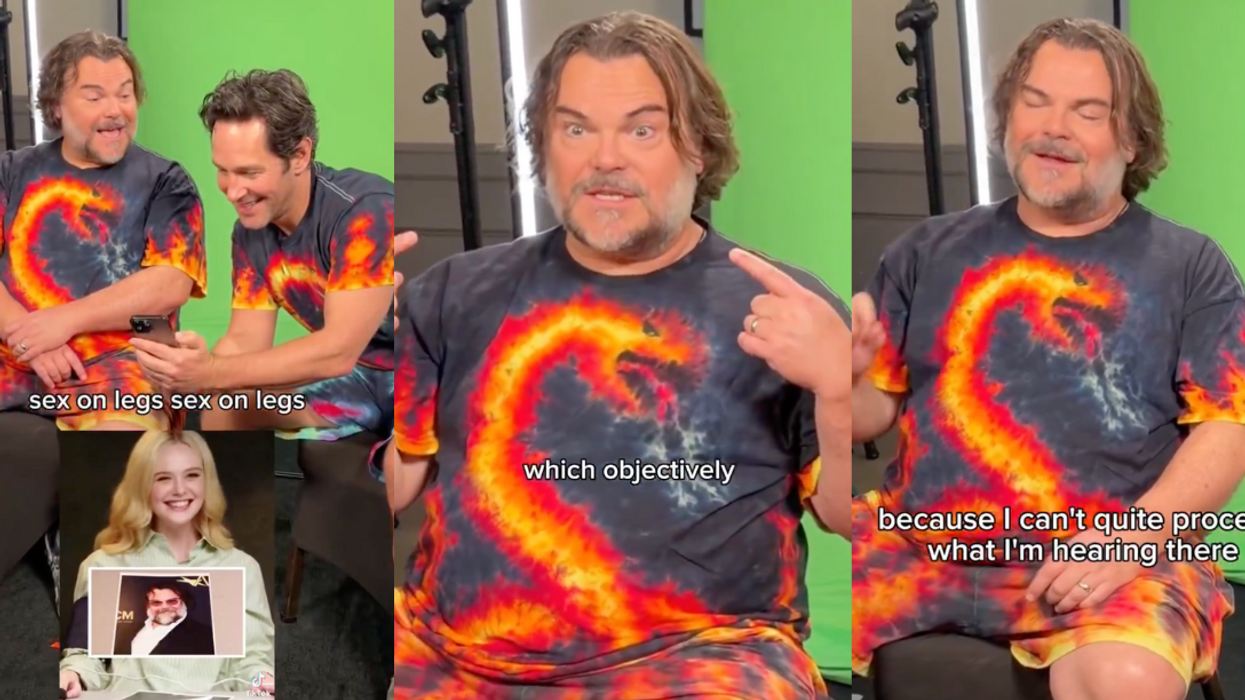Parenting can be scarily overwhelming if you think about it for long enough. You're taking on the responsibility of not only keeping a tiny human alive, but helping them become decent human beings and good people.
One Reddit user asked:
What's something that every parent should tell their child?
Now we're normally not going to espouse getting your parenting advice from Reddit - but in this case a lot of the responses were really insightful. What does it mean to be safe, healthy, and happy? What makes a person empathetic and kind? What values are we trying to model and encourage in our kiddos?
Take a look at what people had to say.
Mistakes Matter
Its alright to make a mistake, as long as you can admit it and grow from it.
I'll go one step further. I teach little kids, and I tell them often that they HAVE to make mistakes to learn. I emphasize that the learning happens when we find and fix our mistakes. And when I make a mistake in front of them, I acknowledge it - and they encourage me. "Good job, Mrs. Rhymes, you helped your brain grow!"
I get so much satisfaction out of being the teacher I wish I had had.
Sorry Doesn't Have To Be The Hardest Word
 Sorry Taylor Swift GIFGiphy
Sorry Taylor Swift GIFGiphyA good parent shouldn't be afraid to apologize to their kid when they're wrong.
Yeah, if you can apologize to a 3 year old, you've got humility which, to me, is a very important trait to have as a human being, especially as a parent.
My dad has never to my recollection apologized. My mom only ever apologized in passive aggressive ways ("I'm sorry you were offended but...""I'm sorry you made me react that way but..."). As a result I probably over-apologize to my kids, but I want them to know that I'm human, I make mistakes, and those mistakes are never their fault.
When my son was a toddler I remember telling my mom that I apologized to him for some minor thing. She flipped out. I was spoiling him. I was teaching him not to listen to me. I was going to regret it when he's a teenager. I got so mad at her! I never heard her or my dad apologize when they fcked up. It was always my fault. I also wanted my kids to know I'm human and far from perfect instead of seeing me as some authoritarian who can never be wrong. Plus I think it helps them learn empathy and compassion - which there was very little of in my home growing up.
Pride
"I'm proud of you"
Be careful with this one. I say it to my son (3) frequently enough that I hear it back:
Good job finding Monster's Inc for me mommy! I'm so proud of you! Great job turning on my tablet mommy! I'm so proud of you! Thanks for bringing me my milk mommy! I'm so proud of you!
Maybe I should have waited? LOL
Come To Me
If you make a mistake and need help, come to me. Kids tend to make bad situations worse by trying not to get caught. I know way too many people who got in drunk driving accidents because they were too afraid to call their parents for help and drove home or got in the car with a drunk driver.
My mom told this to me and I think a lot more parents should:
"I don't care if you get too drunk at a party as long as you tell me and I can pick you up. I won't yell, I won't punish you, as long as you are responsible and it doesn't happen all the time."
In my opinion teaching your kids it's okay to be a bit rebellious, make mistakes, and live their life in their teens is a good thing to do. I never had a reason to not trust my mom because of this. Of course I got consequences for some things, but if I ever made a mistake and needed her, she was there.
I had to lie about everything growing up. My mother was so strict she tried to control everything from what music I listened to to what friends I could have. Mistakes were not tolerated. Now I'm in my 30s and she doesn't know me at all. I'm more of a distant acquaintance than a daughter.
It's also harder for people who grew up like this to form healthy boundaries with risky behavior. You can't properly assess risk if drinking a beer has the same consequences as smoking meth.
Let It Go
 let it go GIFGiphy
let it go GIFGiphyYou will always be my child, and I'll always want to take care of you, but you have the right to ask me to let go when you feel the time is right. If you try to make it on your own but fall, call me anyway. I want to be there to catch you.
- nimezs
After all, parents can't drive forever- at some point the kid needs to take the wheel. A parent's job is to make sure the kid is confident enough to ask for help when they need it, they don't need to know everything.
Abuse And Affection
Whenever another kid is being mean to them, physically or verbally, don't tell your child that the other kid was being mean to them because they like your child. Your child might grow up mistaking abuse for affection.
Also, explain WHY That behavior is unacceptable, when it's used on TV. Even in 2020, kids shows STILL show the "If he/she is mean, they love you" and tries to justify it. One reason I won't show my littlest relatives the Big Hero 6 cartoon is the issue I have with it's plotline of "Karmi is a bully to Hiro, accuses him of attacking her when he didn't, writes uncomfortable things about him online and posts videos of his failures online - but she has a crush on him so it's 100% okay and not a sign of someone who needs to get her head out of her ass."
Like... that is the entire plotline for those two characters for ages. And it's concerning that, this is a show aimed ultimately at kids. Adults can enjoy it, but it's far from healthy to show to young boys and girls that if someone hurts them/is rude to them, that it's okay. Kids absorb SO much from their media, it's worth being said.
- Storm137
Input Is Important
'I appreciate your input. You won't always be right and what you say won't always change my mind but I still value your opinion.'
Communicate with your kid, most of the time you will know better than they will but at least listen to what they have to say. Remember to also keep an open mind and be willing to compromise.
And, even better, listen to them and actually consider when you might be wrong. And then admit that, too!
I grew up hearing this, and this really has made me assertive and confident enough to boldly state my opinions and accept and correct them when I'm wrong.
Continuous Consent
I've talked about consent very early with my kids (they're 4 and 7 now), and it's honestly super easy to explain and demonstrate in an age appropriate way.
My 4 year old loves being tickled, finds it absolutely hilarious. So we have tickle-fests, and I make a point to stop when he's laughing too hard to talk and ask if he wants me to keep tickling. Toss in a "Okay, I just wanted to make sure you were still having fun! Raaaar, the tickle monster is back!" and boom, now you're modeling checking in and continuous consent. The second he says no, full stop.
They need to politely greet and say goodbye to people (the host if we're visiting friends, plus grandparents, etc), but they do not need to allow physical contact that they don't want. Wave and "bye Ms. X, thanks for having us!", handshake, etc is fine. Absolutely no guilting from people if they don't want a hug or whatever.
Both are super affectionate with their friends (and each other), so I've had plenty of opportunities to remind them to ask before they hug, just because they wanted to hug/ hold hands/ whatever last time doesn't mean they do this time and that's okay, just because that's your sibling doesn't mean you can do whatever you want, etc.
Basically, it's not just a one time "no means no" explanation; I feel like modelling it consistently is really important and sometimes gets overlooked a bit.
This has admittedly led to a few times when my oldest has yelled "I said no! No means no, mom!" At me when I've told her to stop playing or do her homework or whatever, but we're working on the distinction!
Want to "know" more? Never miss another big, odd, funny, or heartbreaking moment again. Sign up for the Knowable newsletter here.

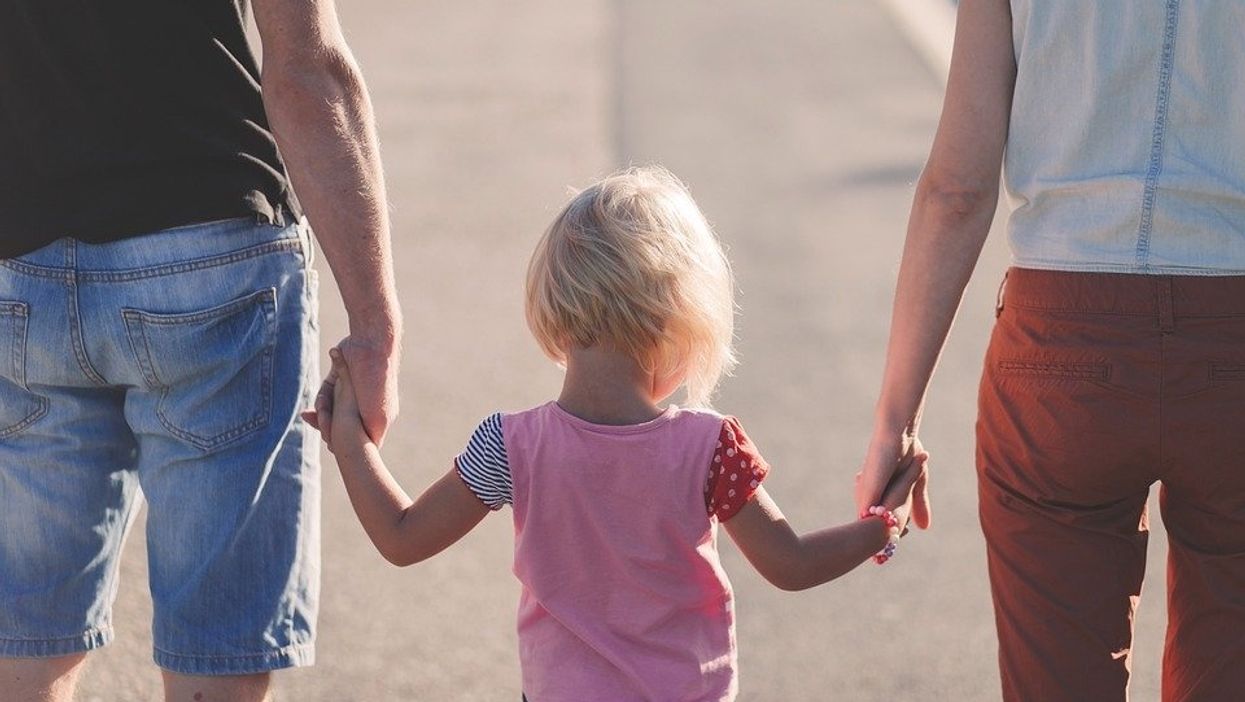

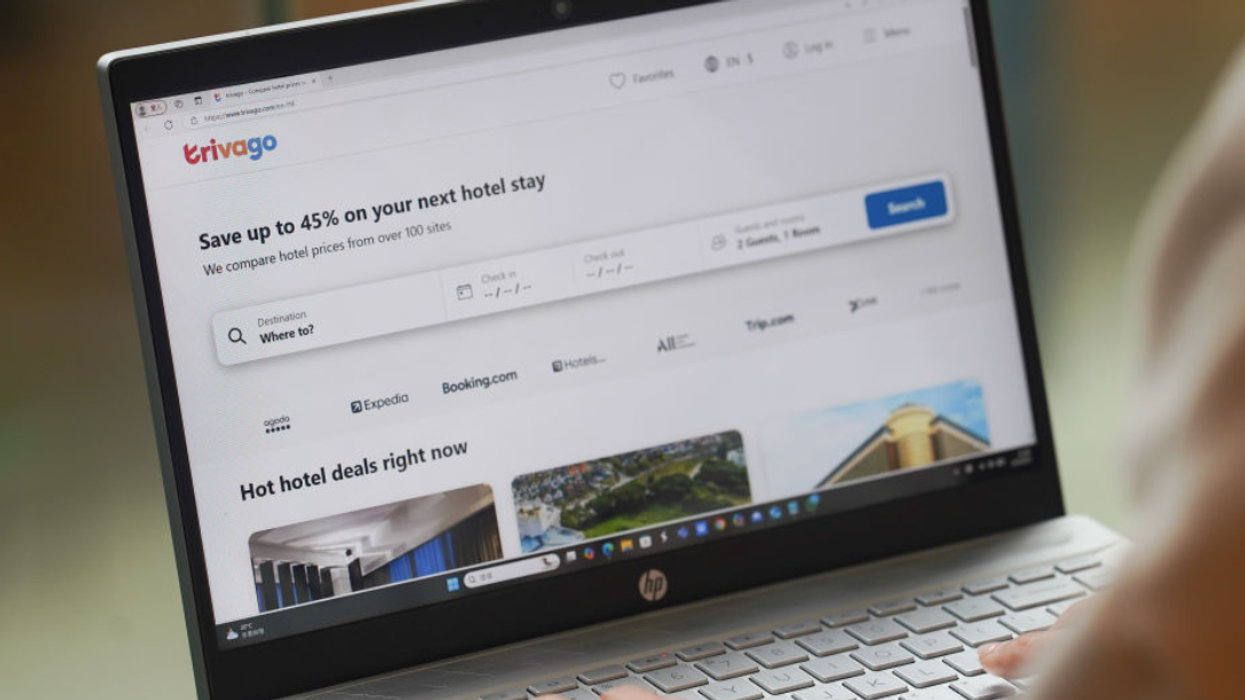
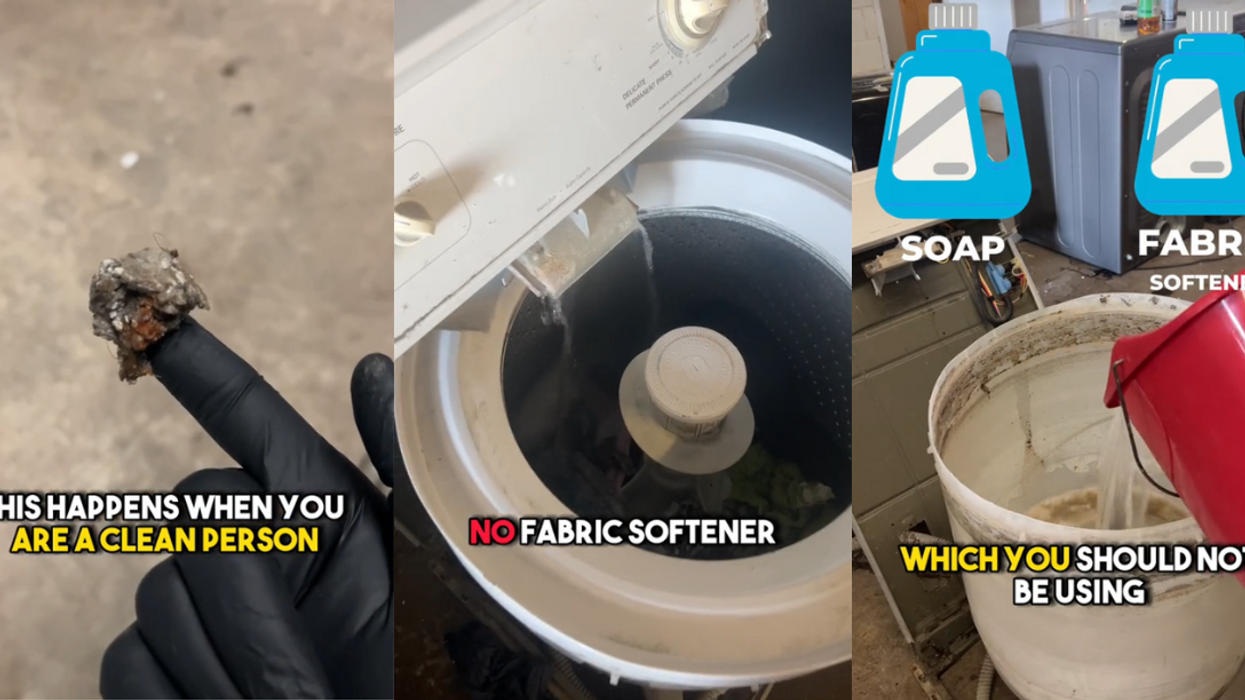
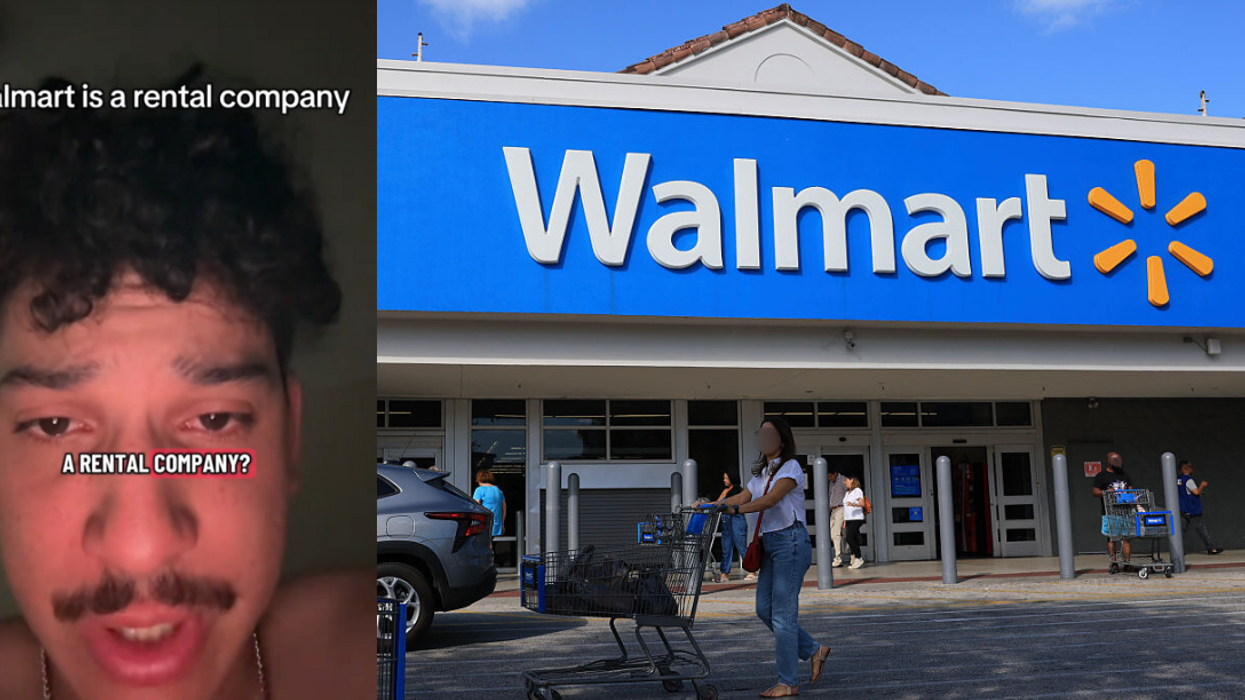
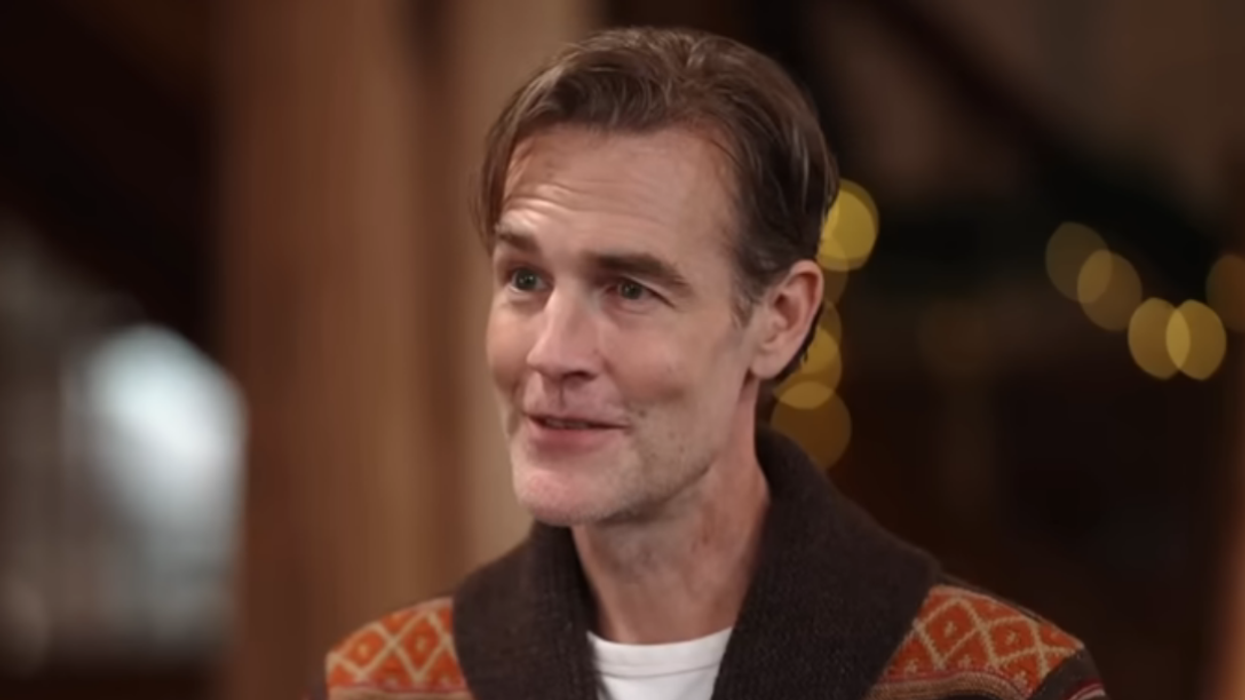
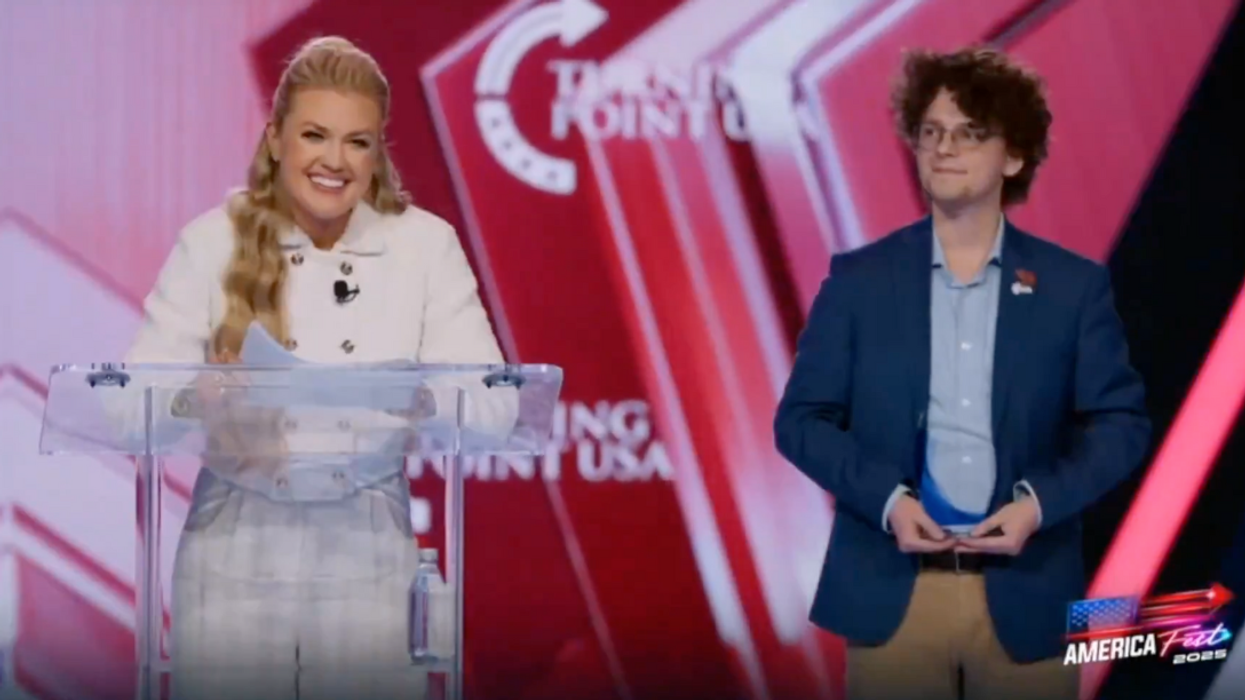

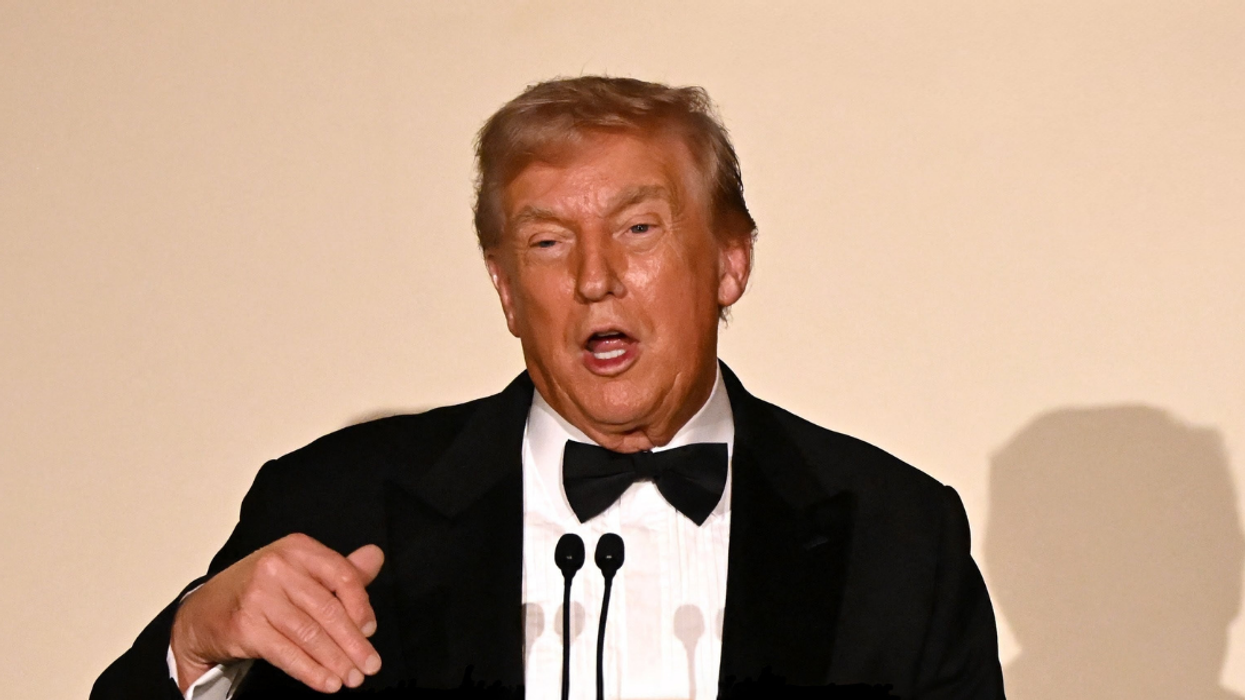
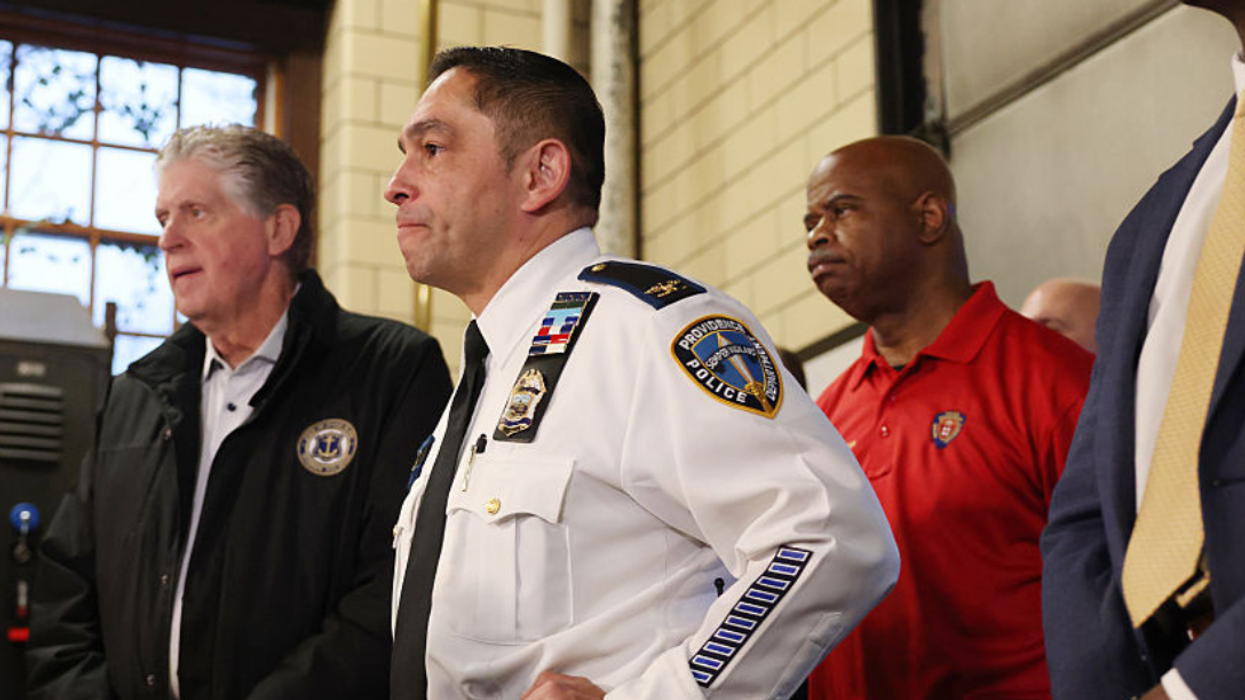
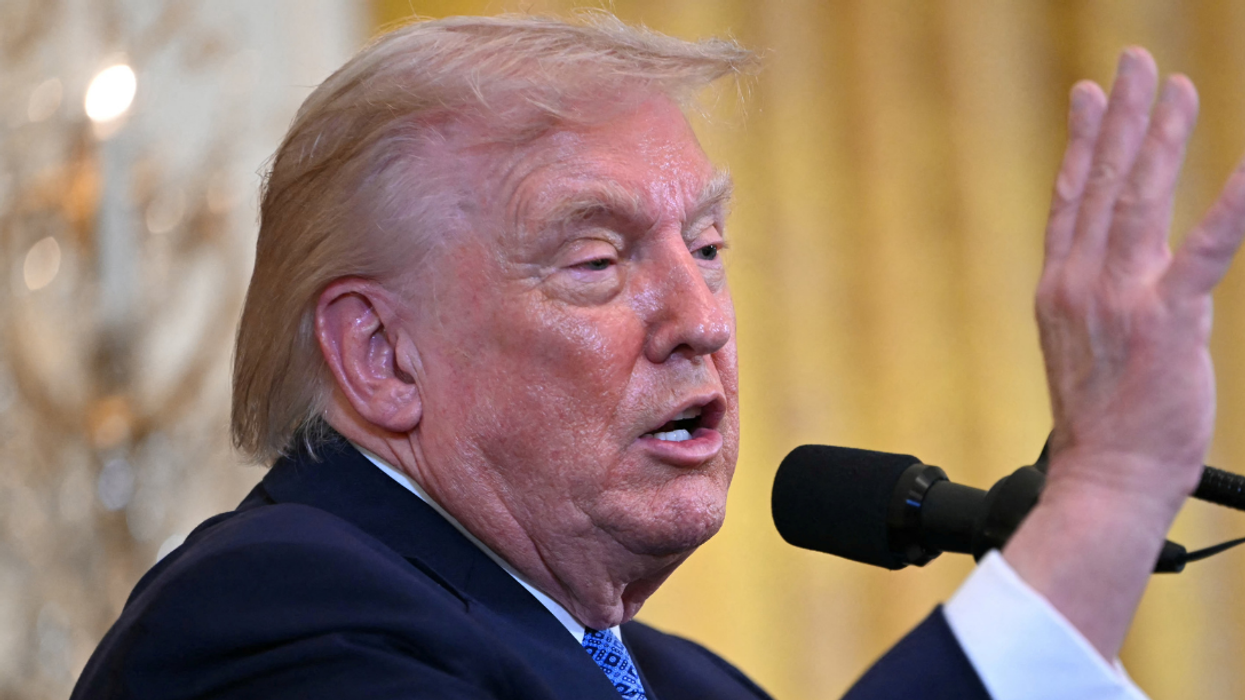
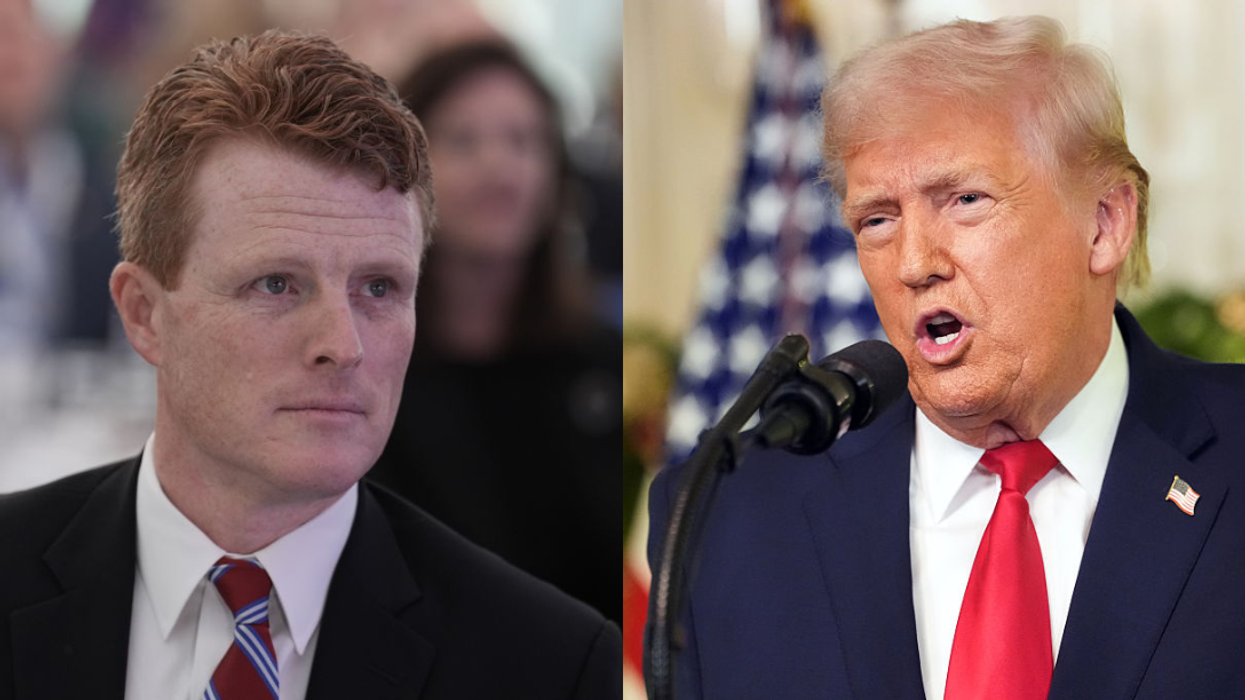
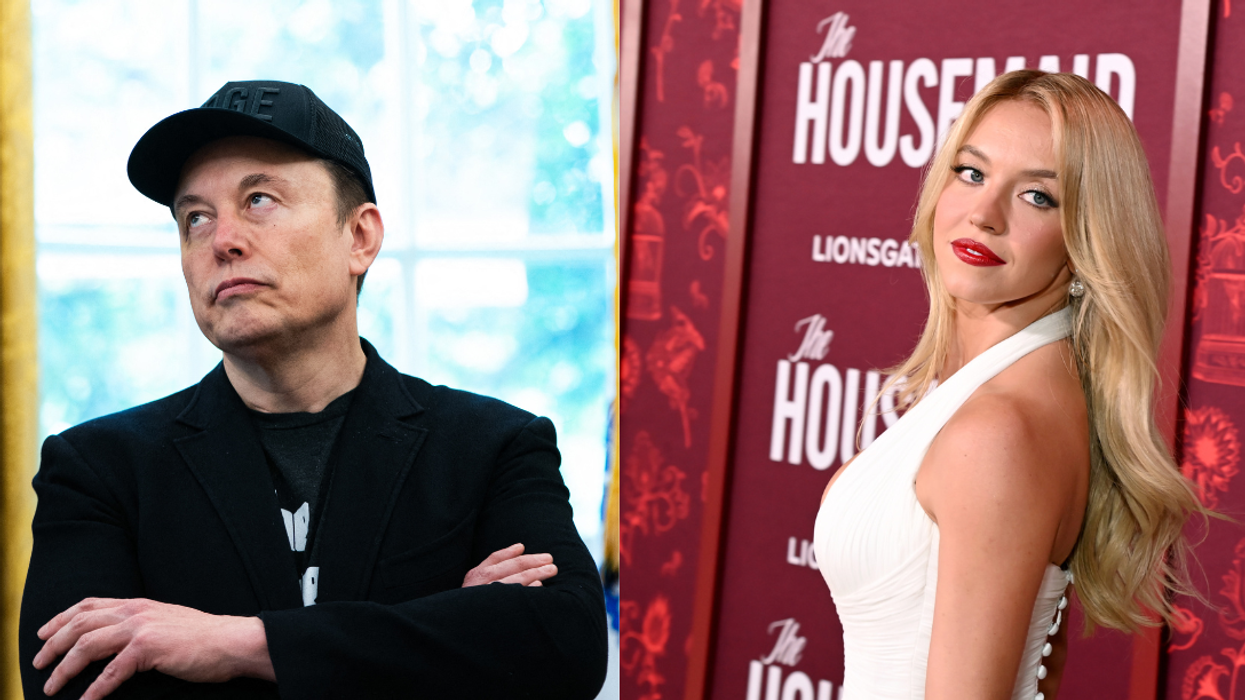
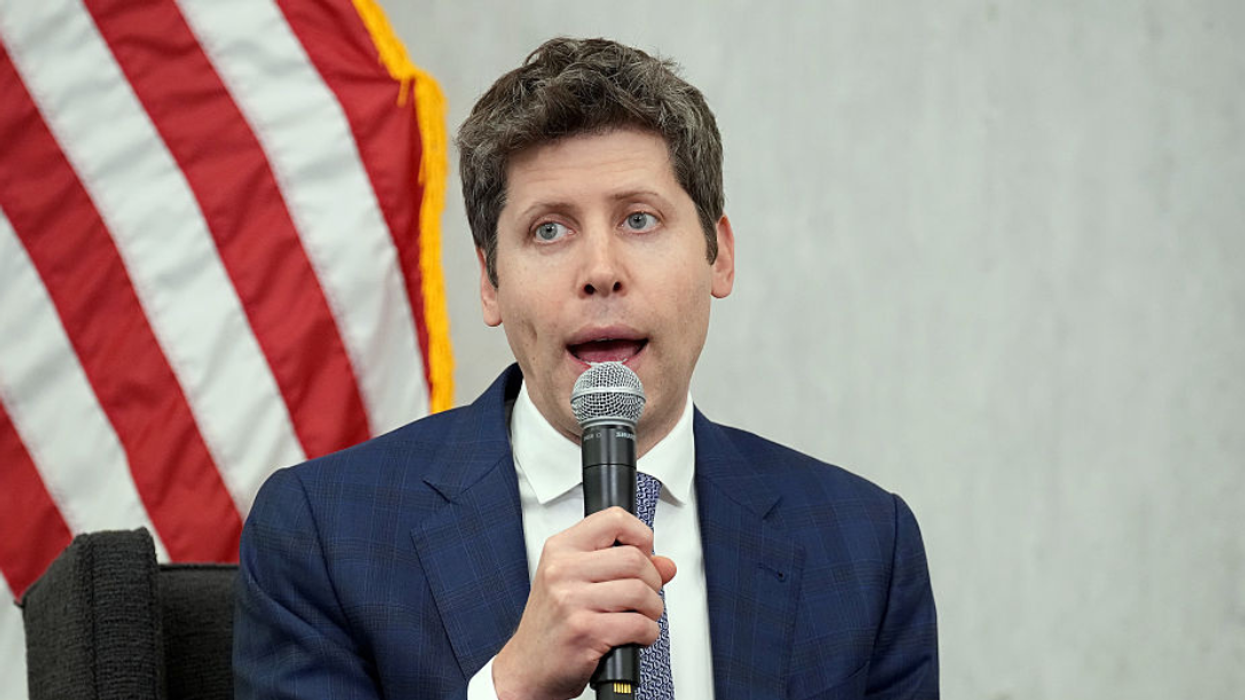
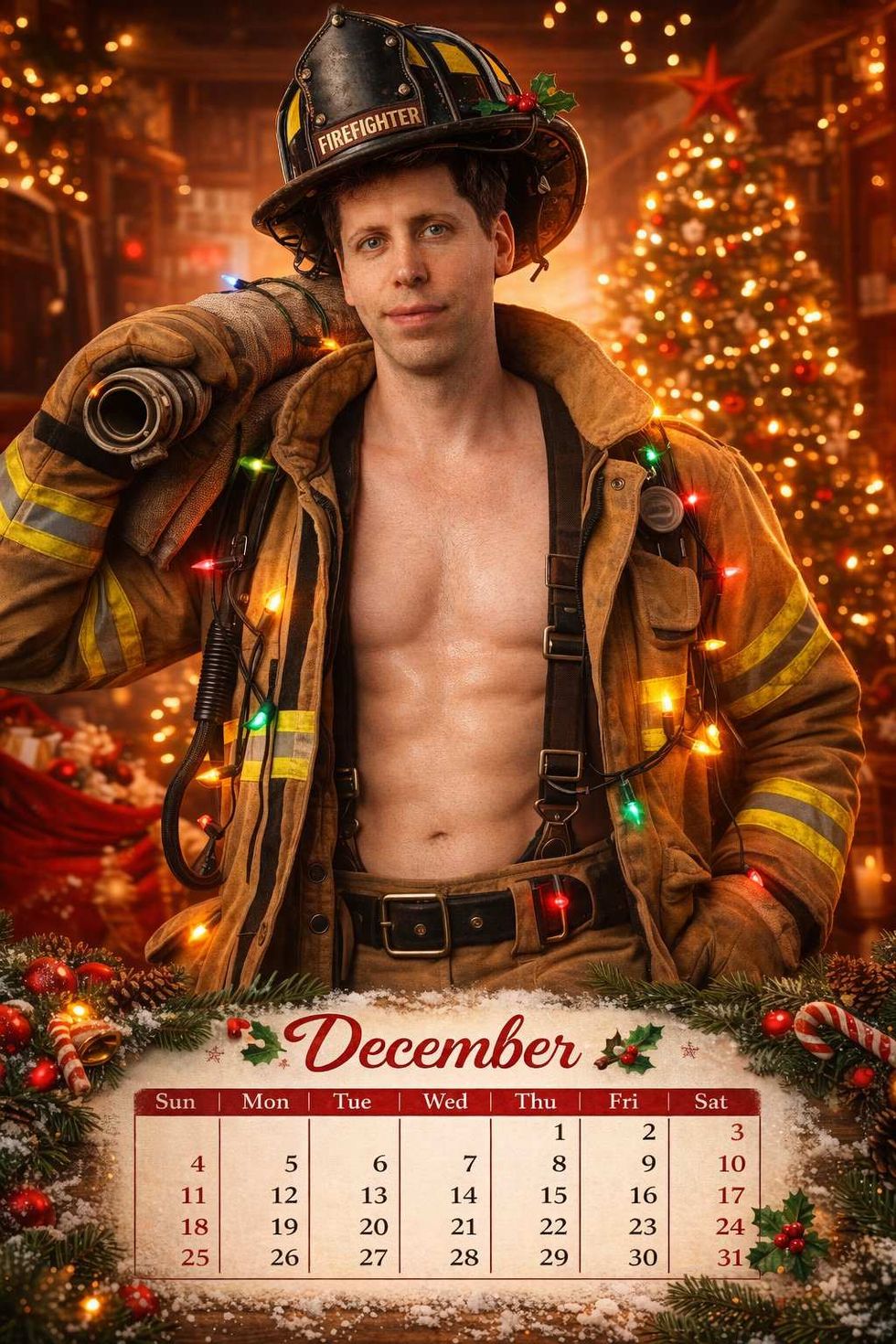 @sama/X
@sama/X